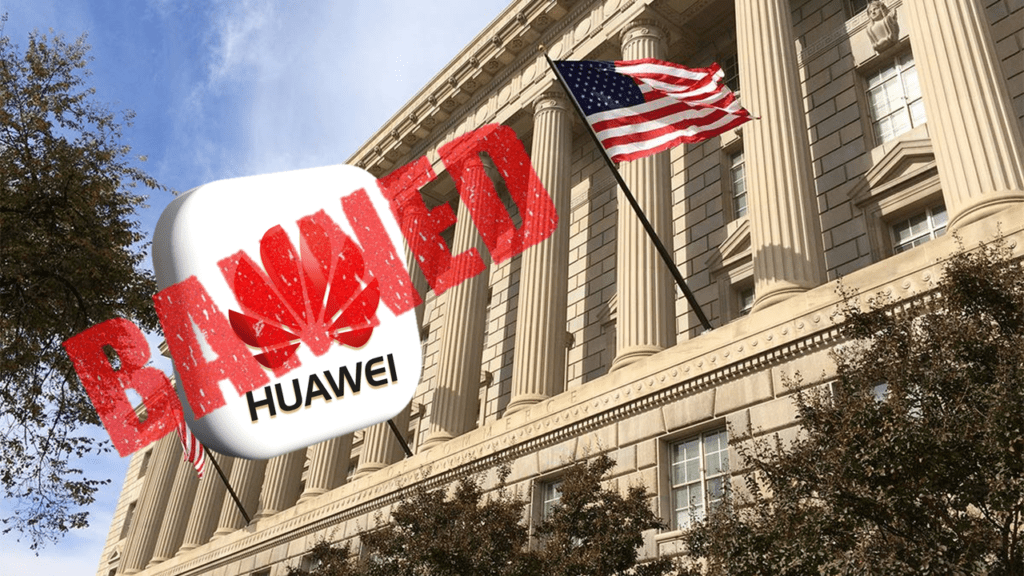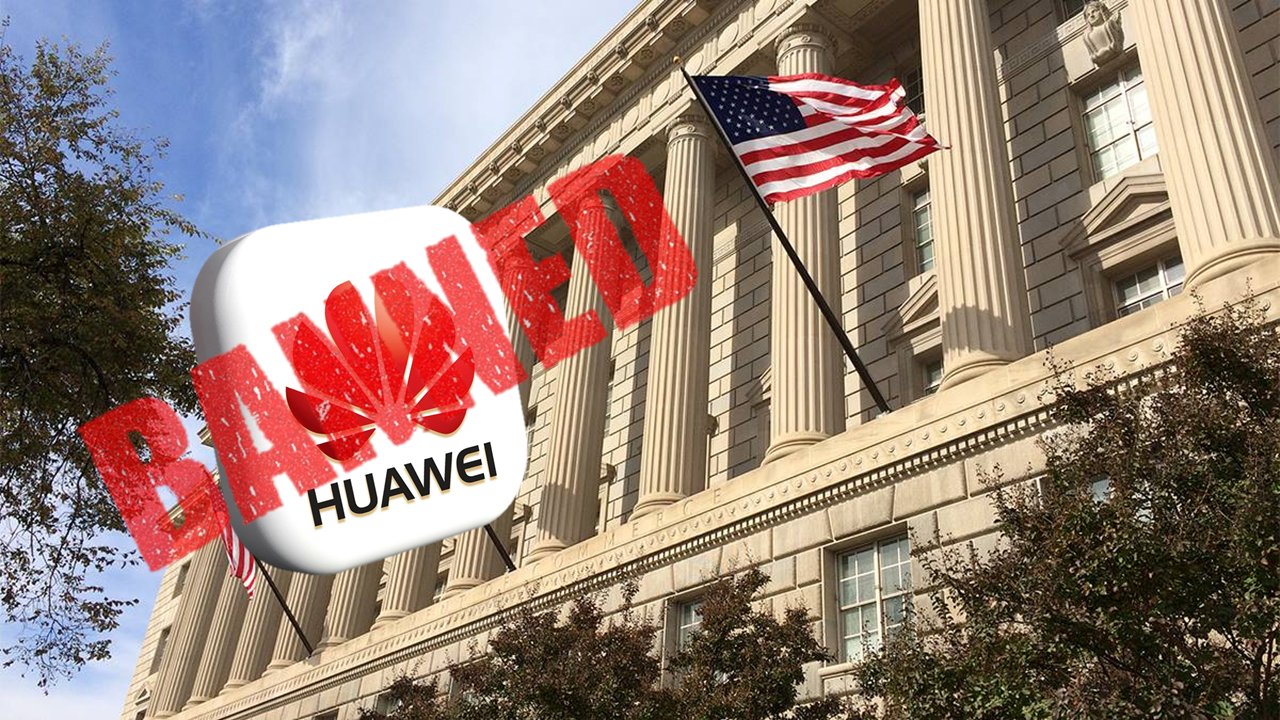The ongoing tech war between the United States and China has intensified with the recent revocation of export licenses for chip sales to Huawei. This move by the US Department of Commerce restricts American companies like Intel and Qualcomm from supplying certain chips to the Chinese telecommunications giant.
The US government cites national security concerns as the primary motivation behind this decision. Specifically, they allege that Huawei’s close ties to the Chinese government pose potential risks, as the technology could be used for espionage purposes. Huawei has vehemently denied these accusations.

This move by the US government could significantly disrupt Huawei’s supply chain. The company heavily relies on American-made chips for its smartphones and other electronic devices. Limited access to these crucial components could hinder Huawei’s ability to manufacture new products and maintain its market competitiveness. Up until now, Huawei has had very restricted access to chips for its product lineups. Even with access, the components have left the Chinese company at a handicap without key technologies like 5G. However, given Huawei’s recent progress in creating its own 5G chips with the Kirin 9010 leaves the impact of the restrictions questionable at best.
The implications of this decision extend beyond Huawei. The uncertainty surrounding chip sales to China could create ripples throughout the global tech industry. Other Chinese tech companies might face similar restrictions, potentially impacting international collaborations and innovation in the semiconductor sector.
The future path of this conflict remains unclear. The possibility of further US restrictions on Chinese tech companies exists, while the potential for negotiations and a resolution cannot be ruled out. For now, the global tech industry grapples with the immediate consequences of this decision and the potential long-term ramifications.






